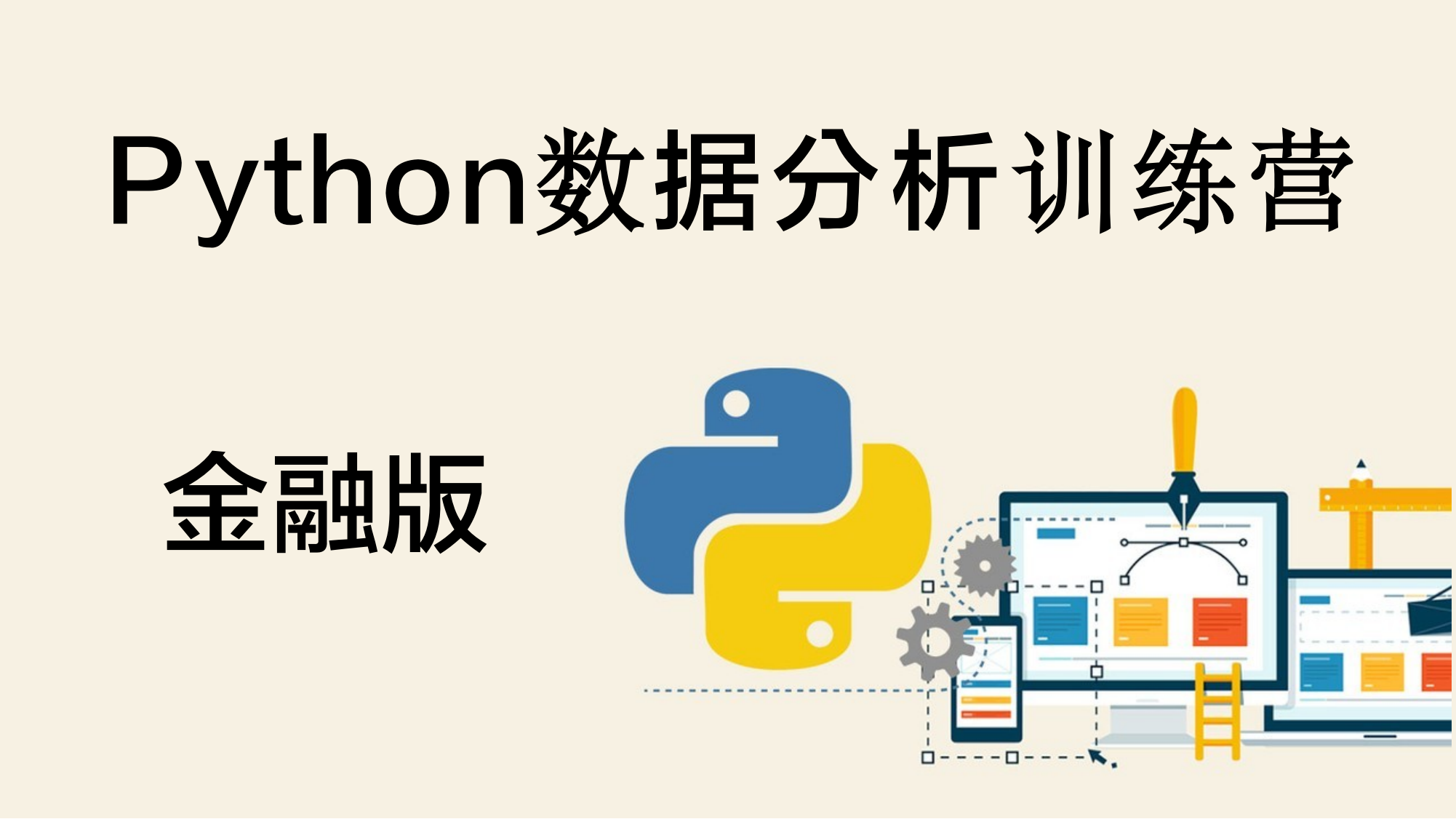回调函数
def apply_async(func, args, *, callback): # Compute the result
result = func(*args)
# Invoke the callback with the result
callback(result)
def print_result(result):
print('Got:', result)
def add(x,y):
return x + y
# 回调函数
>>> apply_async(add, ('hello', 'world'), callback=print_result)
>>> Got: helloworld实用类封装实现
class ResultHandler: def __init__(self):
self.sequence = 0
def handler(self, result):
self.sequence += 1
print('[{}] Got: {}'.format(self.sequence, result))使用这个类的时候,你先创建一个类的实例,然后用它的 handler() 绑定方法来 做为回调函数:
>>> r = ResultHandler()
>>> apply_async(add, (2, 3), callback=r.handler)
[1] Got: 5
>>> apply_async(add, ('hello', 'world'), callback=r.handler) [2] Got: helloworld
>>>第二种方式,作为类的替代,可以使用一个闭包捕获状态值
def make_handler():
sequence = 0
def handler(result):
nonlocal sequence
sequence += 1
print('[{}] Got: {}'.format(sequence, result))闭包例子
>>> handler = make_handler()
>>> apply_async(add, (2, 3), callback=handler)
[1] Got: 5
>>> apply_async(add, ('hello', 'world'), callback=handler) [2] Got: helloworld
>>>还有另外一个更高级的方法,可以使用协程来完成同样的事情:
def make_handler(): sequence = 0
while True: result = yield
sequence += 1
print('[{}] Got: {}'.format(sequence, result))使用协程会掉需要使用它的send()方法
>>> handler = make_handler()
>>> next(handler) # Advance to the yield
>>> apply_async(add, (2, 3), callback=handler.send)
[1] Got: 5
>>> apply_async(add, ('hello', 'world'), callback=handler.send) [2] Got: helloworld
>>>© 著作权归作者所有
举报
发表评论
0/200





 点击刷新
点击刷新


